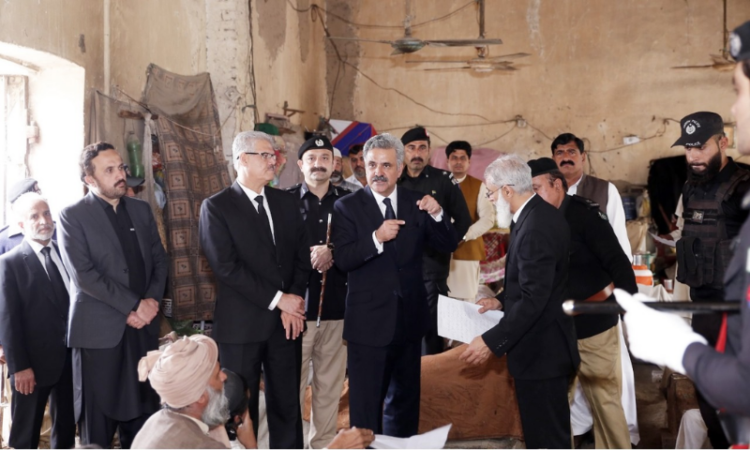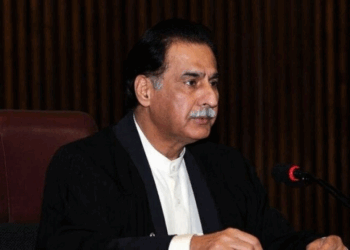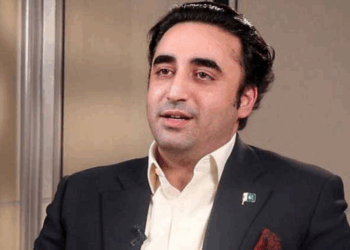Dera Ismail Khan, February 24, 2025:Chief Justice of Pakistan (CJP) Yahya Afridi, also serving as Chairman of the Law and Justice Commission of Pakistan (LJCP), visited Dera Ismail Khan today as part of his initiative to strengthen judicial service delivery and equitable access to justice. Accompanied by Justice Syed Muhammad Atiq Shah, Chief Justice of the Peshawar High Court; Justice Ijaz Anwar, Senior Puisne Judge of the Peshawar High Court; the Director General of the Federal Judicial Academy; and officials from the LJCP, he engaged with judges, lawyers, and prison authorities to address key challenges in the justice system.
A major highlight of the visit was CJP Afridi’s inspection of the Central Prison Dera Ismail Khan, where he was briefed on the conditions of inmates and the challenges faced by prison authorities. Accompanied by Justice Atiq Shah and the Inspector General of Prisons (KP), he toured various barracks, inspected the prison’s healthcare facilities, and interacted directly with inmates to assess their living conditions.
Reaffirming his commitment to prison reforms, the Chief Justice emphasized the need for humane treatment and rehabilitation of prisoners. He reiterated that the ongoing Initiative on Prison Reforms aims to develop a comprehensive National Prison Policy that will ensure better living conditions, access to legal aid, and rehabilitation programs for inmates.
Key areas of reform under discussion include improved healthcare facilities within prisons, legal assistance for under-trial prisoners, vocational training programs to facilitate reintegration into society and better infrastructure and living conditions for inmates.
CJP Afridi assured that the judiciary would work closely with the government and prison authorities to implement meaningful reforms that ensure prisoners’ rights while improving overall prison management.
During his visit, the CJP held an interactive session with District and Sessions Judges from Dera Ismail Khan, Tank, and South Waziristan, with 15 other remote district judges joining virtually. He emphasized his commitment to improving judicial efficiency in underprivileged areas, acknowledging the challenging environments in which judges operate.
He urged the judiciary to identify obstacles hindering judicial performance and assured them of institutional support to address these challenges.
Justice Afridi also engaged with office bearers of the Peshawar High Court Bar Association (Dera Ismail Khan Bench) and District Bar Associations from remote districts. Recognizing the Bar’s vital role in ensuring access to justice, he assured lawyers of support in fostering a collaborative legal environment.
Responding to a proposal from the Bar, he agreed to explore the technical feasibility of video-linking the Dera Ismail Khan Bench with the Supreme Court for case hearings. He further assured that such facilities would be extended to other High Court benches in due course, aiming to reduce litigation costs and save time for parties and legal practitioners.
Later, the Director General of the Federal Judicial Academy briefed Bar representatives on a Continuing Judicial Education Package for lawyers, including access to online learning platforms.
Additionally, LJCP officials introduced the Access to Justice Development Fund (AJDF)—a financial assistance program designed to empower legal practitioners in underserved areas, helping them advance justice and enhance access to legal resources.
Concluding his visit, CJP Afridi reaffirmed his commitment to strengthening the justice system and prison reforms. He expressed confidence that the Bench and the Bar would continue working together to uphold the rule of law, particularly in Pakistan’s most remote and disadvantaged areas.








